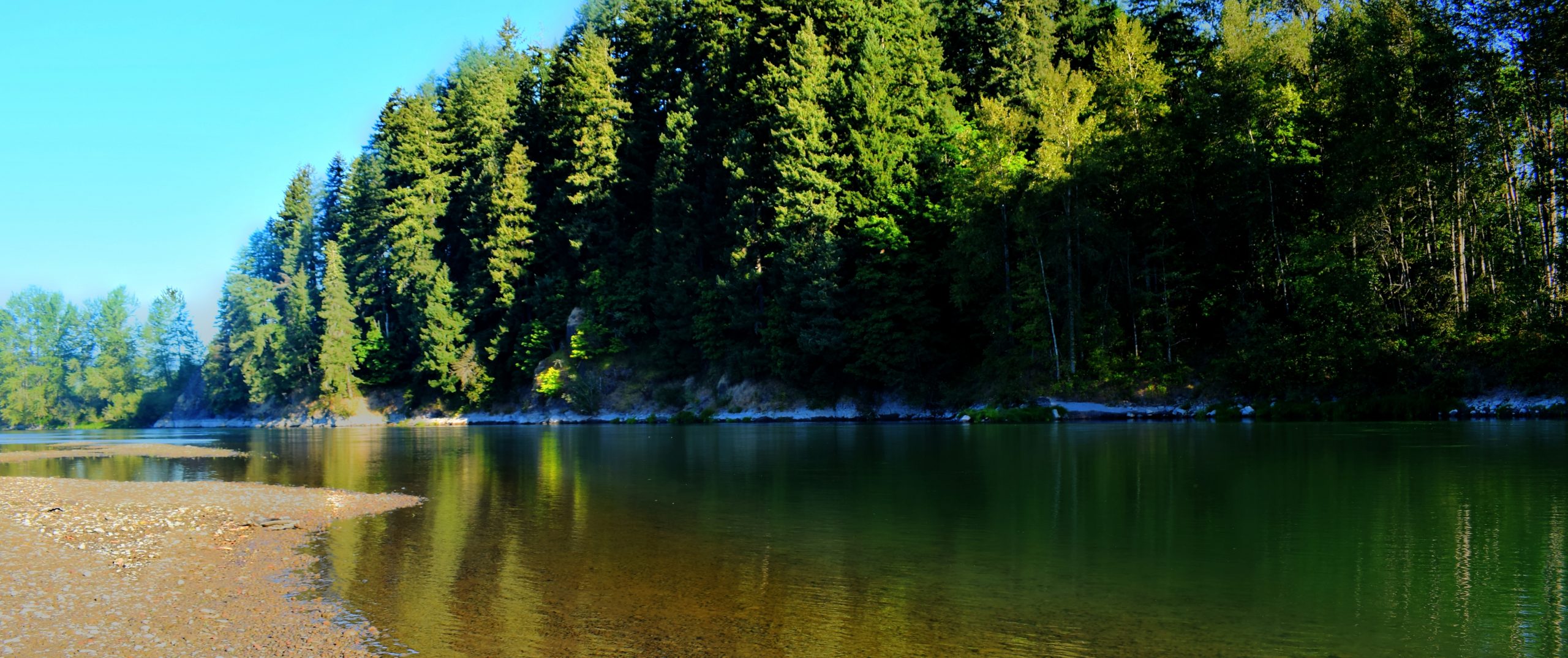EPA grants were funded in part by the Ley de infraestructura bipartidista, the largest recycling investment in 30 years
Washington DC – Today, U.S. Senator Patty Murray (D-WA), Chair of the Senate Appropriations Committee, announced $6,107,838 in Environmental Protection Agency (EPA) funding for five projects in Washington state that will expand recycling infrastructure and education, helping to reduce waste in Tribal communities and other underserved communities across our state. Specifically, the recycling grants will replace and upgrade outdated recycling infrastructure and tackle consumer confusion, which are the biggest barriers to proper recycling. The Ley de infraestructura bipartidista Senator Murray helped pass, which was signed into law two years ago this week, provided the largest recycling investment in 30 years.
“Tribal communities want to do their part to reduce waste—but they often lack access to proper recycling and composting programs,” dijo el senador Murray. “Thanks to the strong investments in the Ley de infraestructura bipartidista, we are helping Tribes and underserved communities across Washington state invest in their recycling and composting infrastructure to improve recycling rates and cut down on waste.”
El Tribal recycling infrastructure and education grants awarded to Washington state are:
- $1,499,609 for the Turning Waste into Commodities; Tribal Solid Waste Advisory Network Small Communities Recycling Centers Pilot Program. The Tribal Solid Waste Advisory Network is based in Tekoa, WA. The funding will create a pilot recycling program for rural Tribes and establish an analysis of recycling behaviors in communities to teach proper sorting of materials and reduce waste contamination. The project will benefit over 100,000 people in 27 Tribes and Native villages in Washington state and Idaho. The project will also result in the hiring of five recycling program employees within the community, creating local jobs.
- $365,085 for the Snoqualmie Tribe’s Casino Recycling and Waste Reduction Project. The project will address excess waste from their casino to ensure less waste ends up in local landfills by implementing a waste identification, reeducation, and recycling program. The Tribe will purchase equipment including a glass pulverizer, recycling compactor, and sorting bins, and a “Green Team” will be formed to work collaboratively on waste reduction, recycling, and outreach to implement policies on waste management and reduction. The project will be designed to be replicable, providing a baseline for improvement to share with other Tribes.
- $1,354,922 for the Skokomish Tribe’s Establishing Solid Waste and Recycling Drop-Off Box Transfer Station Infrastructure on the Skokomish Indian Reservation Project. The project will use funding to build infrastructure for solid waste and recycling on the Skokomish Reservation and increase efforts within the Tribal community to promote healthy and ecologically sustainable ecosystems. These activities will improve the Tribe’s solid waste management, increase accessibility for Tribal members and local communities to proper solid waste disposal, and begin new recycling strategies.
- $888,416 for the Shoalwater Bay Tribe’s Community Compost Program Development and Implementation Project. The project will expand on existing composting efforts to scale up and accommodate the collection of biodegradable materials, with the goal of reducing the amount of biodegradable materials sent to landfills and improving soil and community health. The addition of a municipal composting family will benefit the Tribe and the surrounding disadvantaged areas. The project will help meet waste reduction goals and create at least two full-time and two part-time jobs for the community, as well as six support roles. The compost created by the project could help nourish the Tribal community garden and orchard as well as be available to the public.
- $1,999,806 for the City of Tacoma Environmental Services’ Multilingual Recycling Ambassador Program and AI Cameras Project. The project will use two approaches to reduce recycling contamination: a multilingual ambassador program, and individual feedback from artificial intelligence (AI) cameras. The multilingual ambassador program will help engage disadvantaged communities in recycling, food/yard waste, and waste reduction education, while the AI cameras will provide individualized feedback to residential customers on contamination in their recycling on a large scale. The impact of these two approaches will be measured through a waste characterization study.
###


